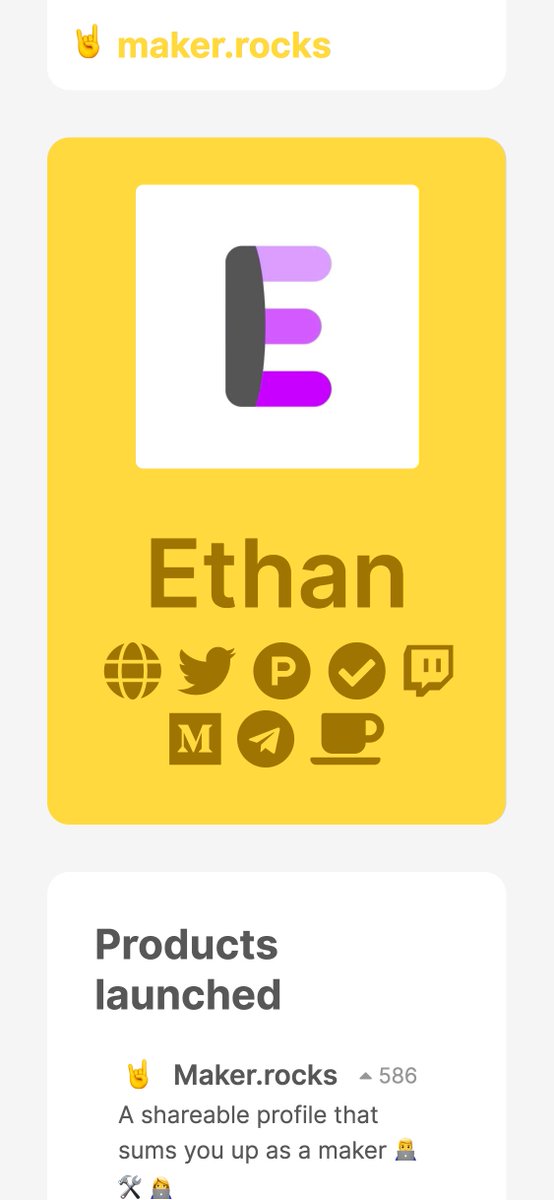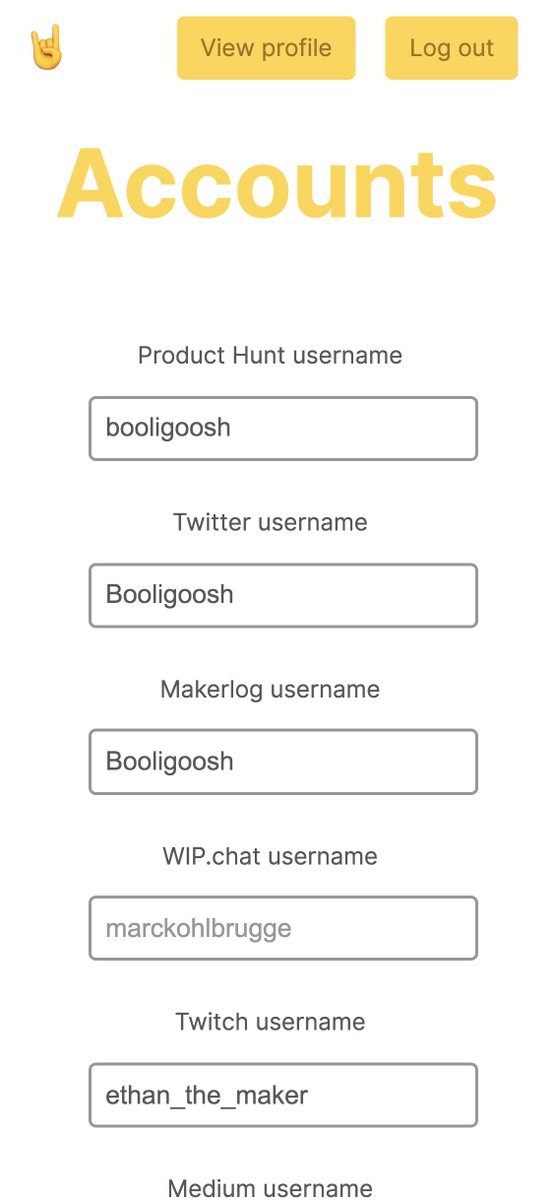2. Lift. Do strength training. Twice a week Four movements X 3-5 sets X 3-5 reps at 80% one rep max is good
Every podcast, journal or book that I have read on health and upstream work boils down to these few steps. If u can get them right, u will be in great shape. A thread
2. Lift. Do strength training. Twice a week Four movements X 3-5 sets X 3-5 reps at 80% one rep max is good
4. HIIT once a week is good to improve anaerobic capacity
5. Sunlight - One of the most important thing that u can do for ur health is spending some time early in the morning
6. Protein- Make sure to get in 1.5-2gm protein per kg body weight.
7. Fibres - Aim to have 15 gms fibre per 1000 calorie. Half plate every meal preferably should be veggies.
9. Processed Sugar best avoided.
10. Fasting has its own advantage but u can do without it if u are managing ur calories. If u eat ur protein and fibre , u will not feel the hunger for rightly processed carbs
12. Sleep - 7-9 hours. Dark and cold room. Avoid heavy food 2-3 hours before slew. Shut off electronics 2 hours before.
12. Chew food. Eat mindful. 20-30 chews.
More from Health
You May Also Like
First update to https://t.co/lDdqjtKTZL since the challenge ended – Medium links!! Go add your Medium profile now 👀📝 (thanks @diannamallen for the suggestion 😁)

Just added Telegram links to https://t.co/lDdqjtKTZL too! Now you can provide a nice easy way for people to message you :)

Less than 1 hour since I started adding stuff to https://t.co/lDdqjtKTZL again, and profile pages are now responsive!!! 🥳 Check it out -> https://t.co/fVkEL4fu0L

Accounts page is now also responsive!! 📱✨

💪 I managed to make the whole site responsive in about an hour. On my roadmap I had it down as 4-5 hours!!! 🤘🤠🤘

Just added Telegram links to https://t.co/lDdqjtKTZL too! Now you can provide a nice easy way for people to message you :)

Less than 1 hour since I started adding stuff to https://t.co/lDdqjtKTZL again, and profile pages are now responsive!!! 🥳 Check it out -> https://t.co/fVkEL4fu0L

Accounts page is now also responsive!! 📱✨

💪 I managed to make the whole site responsive in about an hour. On my roadmap I had it down as 4-5 hours!!! 🤘🤠🤘

















